
Posted on 08 January 2013
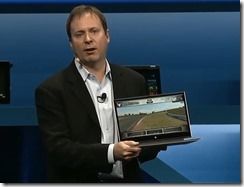 The Intel CES press event didn’t hold any major news for us yesterday. Low power 3rd-Gen Core, Perceptual Computing, Convertibles, Haswell and even a touch of Bay Trail were expected as Ultrabook-related news but to announce that all 4th-gen Core Ultrabooks (Haswell platform, Q3/Q4) will have Touchscreens was a complete surprise and I can only describe it as a massive risk-taking move by Intel. What does it really mean though? Higher pricing, consumer focus? There won’t be any Windows 7 Ultrabooks, that’s for sure.
The Intel CES press event didn’t hold any major news for us yesterday. Low power 3rd-Gen Core, Perceptual Computing, Convertibles, Haswell and even a touch of Bay Trail were expected as Ultrabook-related news but to announce that all 4th-gen Core Ultrabooks (Haswell platform, Q3/Q4) will have Touchscreens was a complete surprise and I can only describe it as a massive risk-taking move by Intel. What does it really mean though? Higher pricing, consumer focus? There won’t be any Windows 7 Ultrabooks, that’s for sure.
One thing that is for sure is that the Ultrabook is going to get more difficult to use in bright light. Capacitive touchscreens mean fingers-on-glass and in general, glossy finishes. It means that all Ultrabooks will now have additional costs associated with them and it means that some users and some commentators will rebel because they don’t want a touchscreen. But there’s another view…
Read the full story

Posted on 01 January 2013
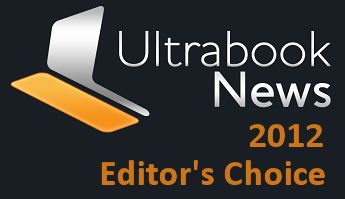 2012 has been an exciting year for the Ultrabook. With the launch of Intel’s Ivy Bridge processors, and a little help from Windows 8, Ultrabooks gained massive momentum. There’s now Ultrabook offerings from every top PC manufacturer, and even many from second-tier manufacturers. Some, like Asus, have more than 10 Ultrabook models available! And there’s more to come with CES just around the corner (stay tuned January 8-11!). But before the year comes to an end, it’s time to pick our top Ultrabooks.
2012 has been an exciting year for the Ultrabook. With the launch of Intel’s Ivy Bridge processors, and a little help from Windows 8, Ultrabooks gained massive momentum. There’s now Ultrabook offerings from every top PC manufacturer, and even many from second-tier manufacturers. Some, like Asus, have more than 10 Ultrabook models available! And there’s more to come with CES just around the corner (stay tuned January 8-11!). But before the year comes to an end, it’s time to pick our top Ultrabooks.
Read the full story

Posted on 04 December 2012
Want to know the performance characteristics of the Microsoft Surface Pro? Read on.
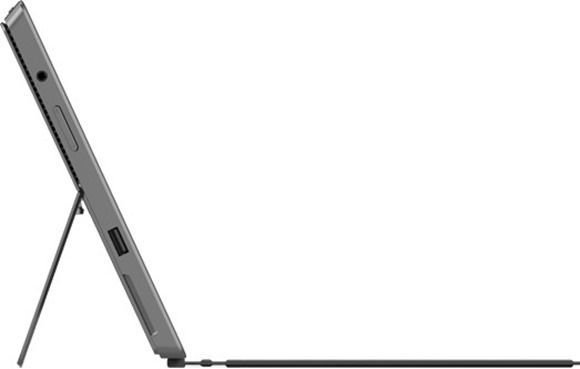
Microsoft Surface Pro details [here] have been revealed to the point where I now have a very good idea of how it will perform. We all know It will be using a 3rd Gen Intel Core i5 ultra mobile processor and because the device design will be very mobile-focused we know that there’s a very close similarity to Ultrabooks. Importantly we know that there’s a 42Wh battery inside which gives us all the information we need to determine battery life under a number of conditions.
Read the full story
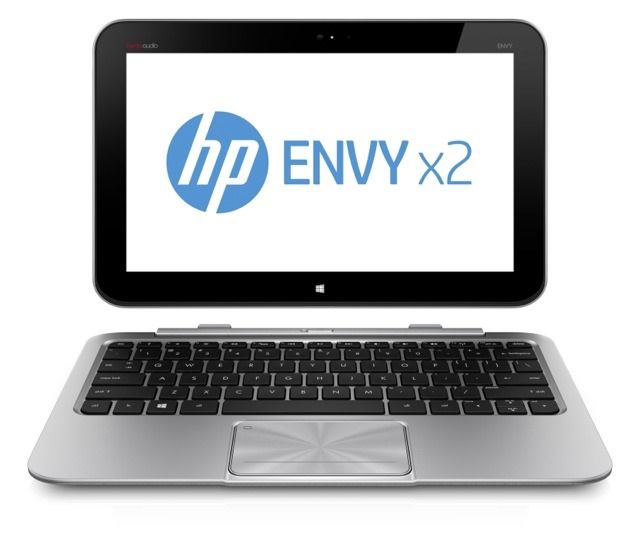
Posted on 28 October 2012
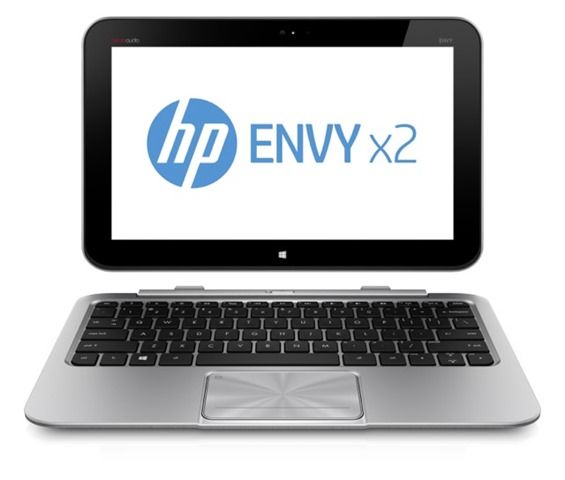
Surface is out and the reviews are in. Most reviewers seem impressed; Many worry about the lack of apps.
From tomorrow you’ll be able to fill that app-gap with a product sector that I’m more excited about than a Chromebook on ARM, a Nexus 7 3G or a convertible Ultrabook.
Atom-based PCs don’t exactly bring up images of advanced computing but since the netbooks died a few important things have happened. A very new and very advanced power engine, a new operating system and a break-out from the rather restrictive specifications, prices constraints and designs of the simple netbook category.
Read the full story
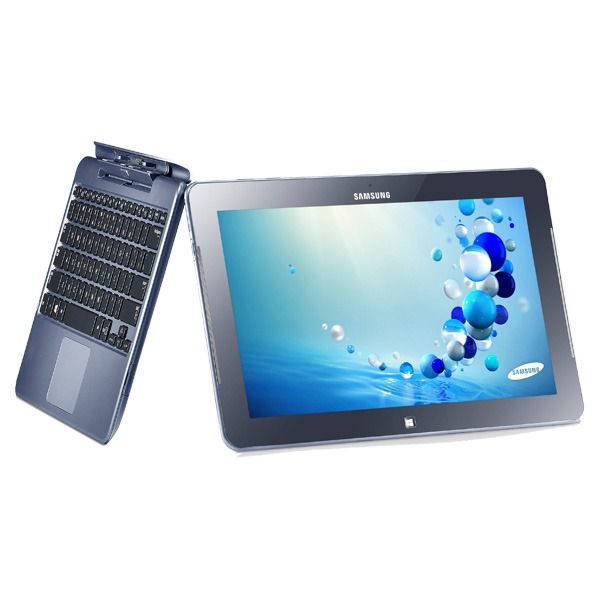
Posted on 21 October 2012
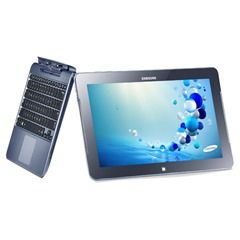 You know what’s coming? The biggest personal computing fight, ever.
You know what’s coming? The biggest personal computing fight, ever.
Windows 8 and the expansion of the laptop into smartbook territory will go head to head with an important launch in the handheld computing space the iPad Mini. Following that, Windows Phone 8 and a non-desktop Windows tablet, Microsoft Surface with Windows RT, will start shipping. There has never been a month in history where the personal computer has had such an upheaval. No-one really knows what’s going to happen.
Some of these products could fail showing us again that what people want is not always what the manufacturers think. Touch-enabled sliding and convertible Ultrabooks is one of those risk areas. Windows RT, I believe, is another, at least for the time being but I think there’s a product category that has fantastic change. The SmartPC, Smartbook could finally succeed with Windows 8 on Intel Atom.
Read the full story

Posted on 02 October 2012
iHS, owner of iSuppli seems to find it funny that they’ve had to slash their estimations for Ultrabook sales by 50%. “Dude, You’re Not Getting an Ultrabook” does a great job at getting the media to echo the story but did iHS cock-up or did the market change dramatically in the last few months? We’re a month away from Windows 8, prices have dropped considerably and the Ultrabook looks well-positioned to take a large percentage of the laptop sales market in Q4. Was the back-to-school period disappointing or is the laptop market overall going to suffer in Q4 and take Ultrabooks with it? This is no laughing matter.
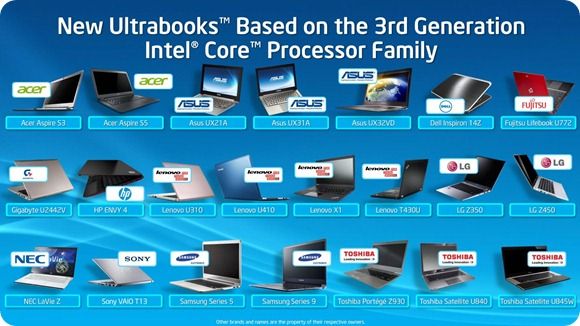
Read the full story

Posted on 27 September 2012
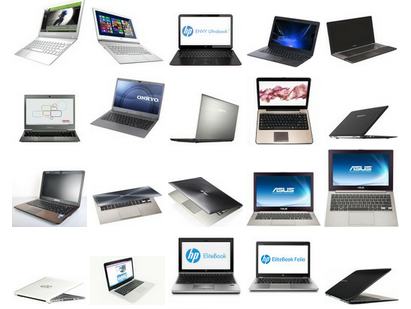
With talk about the potential dilution of the Ultrabook brand one would almost think that Intel hasn’t set clear guidelines about what defines an Ultrabook. On the contrary, whether or not a laptop manufacturer calls a new product an Ultrabook tells me a whole lot about the product right away. PC Advisor has run a story claiming that “The truth is that there are few definitive specifications for an Ultrabook,” apparently not realizing that this is part of the strategy.
Read the full story

Posted on 24 September 2012
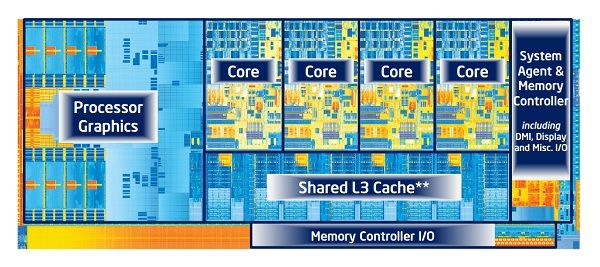
Thanks to the exploding world of mobile, the computer industry has seen a refreshed interest in high efficiency components. Though Intel has always made a wide range of processors, until lately the company’s low-power products were sometimes seen as second-class citizens of the CPU world. Sure, they used less power, but this was often achieve this with lower clock speeds, fewer features, and sometimes the disabling of cores in the case of multi-core processors. With the Ultrabook initiative Intel has renewed emphasis on efficient processors that are not just on equal footing as the rest of their offerings, but rather showcase the extent of Intel’s processor prowess. The latest Ivy Bridge Core U-series processors found in Ultrabooks are more than just low-power — they are highly efficient processors capable of a high dynamic range of computing tasks. By packing the latest and greatest processor technology into a package that also has practical limits on how much power it can draw and how much heat it can produce, these CPUs present an alternative to using a standard CPU and simply slapping in a big battery; But which is better?
Read the full story
 The Intel CES press event didn’t hold any major news for us yesterday. Low power 3rd-Gen Core, Perceptual Computing, Convertibles, Haswell and even a touch of Bay Trail were expected as Ultrabook-related news but to announce that all 4th-gen Core Ultrabooks (Haswell platform, Q3/Q4) will have Touchscreens was a complete surprise and I can only describe it as a massive risk-taking move by Intel. What does it really mean though? Higher pricing, consumer focus? There won’t be any Windows 7 Ultrabooks, that’s for sure.
The Intel CES press event didn’t hold any major news for us yesterday. Low power 3rd-Gen Core, Perceptual Computing, Convertibles, Haswell and even a touch of Bay Trail were expected as Ultrabook-related news but to announce that all 4th-gen Core Ultrabooks (Haswell platform, Q3/Q4) will have Touchscreens was a complete surprise and I can only describe it as a massive risk-taking move by Intel. What does it really mean though? Higher pricing, consumer focus? There won’t be any Windows 7 Ultrabooks, that’s for sure.





















